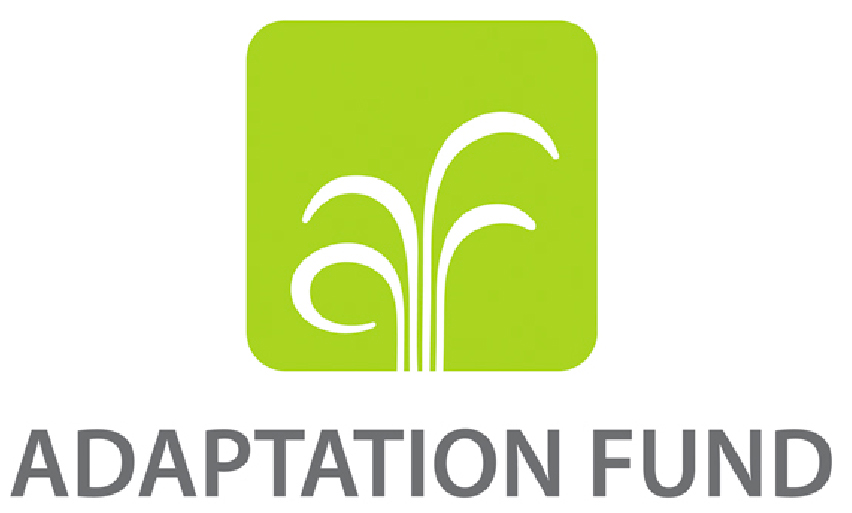About
Glacier Lake Outburst Floods
Due to glacier melting and lake formation across Central Asia, there is an increased risk of Glacier Lake Outburst Floods (GLOFs), which confound and exacerbate water-related threats to mountain communities, their settlements, and livelihoods. GLOFs also threaten populations, livelihoods and infrastructure located in river floodplains and downstream areas.
Strengthening, Monitoring & Responding
The UNESCO Office in Almaty, together with the four countries of the Central Asian region – the Republic of Kazakhstan, the Kyrgyz Republic, the Republic of Tajikistan and the Republic of Uzbekistan – developed the GLOFCA project funded by the Adaptation Fund. The University of Zurich, Switzerland, serves as the main implementing partner of the Project. The GLOFCA project aims to strengthen monitoring, analytical capacity, and the response capacity of institutions and government officials responsible for disaster risk reduction, emergency and climate change adaptation through community-based and gender-sensitive education and communication, and by establishing early warning systems supported by the necessary monitoring strategies.
Regional Exchange Workshops
Accurate glacial lake inventories, identification of potentially dangerous lakes, and monitoring of changes over time, provide a fundamental basis for the design of risk reduction strategies. Therefore, in this first in a series of GLOFCA regional exchange workshops, we aim to share national and international experiences on the topic of lake mapping, monitoring and hazard assessment. The learnings from the meeting will provide the basis for the development of a best practice guidance document, and will inform the design of related capacity building and education activities being developed under GLOFCA.
Talks & Presentations
Day 1: Opening Session
Kristine Tovmasyn, UNESCO Almaty
Alexandros Makarigakis, Head of Office and UNESCO Representative a.i., UNESCO Office in Tashkent.
Sayidafzal Mallakhanov, Deputy Secretary-General, National commission of the Republic of Uzbekistan for UNESCO
GLOFCA Project Overview, Status, And Meeting Objectives
Natalya Kim, UNESCO Almaty – short overview of the project and its objectives.
Simon Allen, University of Zurich, Switzerland.
Session 1: Experiences From Kazakhstan On Lake Mapping, Monitoring, And Hazard Assessment.
Co-chairs: Ms Meerim Asanbaikyzy, Kyrgyzhydromet, Ms Zhuldyz Zhurumbetova, UNESCO Almaty,
Atay Myrzabayev, Deputy Head, Department for Emergency Situations Prevention, Ministry of Emergency Situations of the Republic of Kazakhstan – warning, information, communication aspects.
Murat Kassenov, Deputy Head, State Agency “KAZSELEZASCHITA” – glacier lakes monitoring.
Nikolay Popov, Chief Scientist, Institute of Geography and Water Security – glacier lake mapping and hazard assessment.
Vassiliy Kapitsa, Senior Researcher, Central Asian Regional Glaciological Centre category 2 under the auspices of UNESCO – glacier lake mapping and hazard assessment.
Bakhtiyar Ospanov, Chief Expert of the Center for Emergency Situations and Disaster Risk Reduction – the Center’s experience in glacier lake monitoring and risk assessment.
Session 2: Experiences From Kyrgyzstan On Lake Mapping, Monitoring, And Hazard Assessment
Co-chairs: Mr Bakhtiyar Ospanov, CESDRR, Ms Zuura Mamadalieva, UNESCO Almaty,
Dauberk Sakyev, Head, Department of Analysis and Forecasting, Ministry of Emergency Situations of the Kyrgyz Republic – warning, information, communication aspects.
Bolot Moldobekov, Co-director, Central Asian Institute for Applied Geosciences (CAIAG) – lake mapping, monitoring, and hazard assessment.
Vitalij Zaginaev, Senior Researcher, Institute of Water Problems and Hydroenergy of the National Academy of Sciences of the Kyrgyz Republic – lake mapping, monitoring, and hazard assessment.
Session 3: Experiences From Tajikistan On Lake Mapping, Monitoring, And Hazard Assessment (Cont.)
Co-chairs: Mr Kodirjon Mingboev, State Committee of the Republic of Uzbekistan on Geology and Mineral Resources, Mr Bakhtibek Otambekzoda, UNESCO Almaty,
Idibek Buriev, ead, Emergency Prevention and Response Department, Committee of Emergency Situations and Civil Defence of Tajikistan – warning, information, communication aspects.
Kamoliddin Nazirzoda, Deputy Head, Center for Glaciology, Agency for Hydrometeorology, Committee of Environmental Protection under the Government of the Republic of Tajikistan – lake mapping, monitoring and hazard assessment.
Abdulhamid Kayumov, Director, State Scientific Institution “Center for the Glaciers Study under the Academy of Sciences of the Republic of Tajikistan” – lakes mapping/monitoring and hazard assessment.
Zaynura Khudoyorbekova / Mr Tohir Sabzaliev, Aga Khan Agency for Habitat (AKAH) – lake mapping, monitoring and hazard assessment.
Session 4: Experiences From Uzbekistan On Lake Mapping, Monitoring, And Hazard Assessment.
Co-chairs: Mr Jafar Niyazov, Institute of Water Problems of Tajikistan, Mr Obidjon Kodirov, UNESCO Almaty,
Khurshid Sotiev, Head, National Centre for Emergency Management and Response, Ministry of Emergency Situations of the Republic of Uzbekistan – warning, information, communication aspects.
Davron Azimov, Head, Department for Monitoring Hazardous Hydrometeorological Observation Network, Centre of Hydrometeorological Service of the Republic of Uzbekistan (Uzhydromet) – lakes mapping/monitoring and hazard assessment.
Maksim Petrov, Centre of Glacial Geology, Institute of Geology and Geophysics named after Kh.M. Abdullaev – lakes mapping/monitoring and hazard assessment.
Fazliddin Anarboev, Deputy Director, State Monitoring Service of Uzbekistan for Geo-hazard – georisks and hazard assessment.
Session 5: Identifying Key Gaps And Synergies Across Central Asia In Lake Mapping, Monitoring, And Hazard Assessment
Kristine Tovmasyn, UNESCO Almaty
- Plenary style open discussion around a series of questions posed by the Chair
- Emerge with clear synthesis of common approaches being used across the countries
- Emerge with clear synthesis on the gaps and needs GLOFCA project can address
Session 6: Addressing Key Gaps And Strengthening Monitoring And Assessment Capacities, And Knowledge Management
Kristine Tovmasyn, UNESCO Almaty
Holger Frey, Addressing key gaps and strengthening monitoring and assessment capacities, and knowledge management.
Alfred Diebold, Presentation of the GLOFCA Knowledge Management Platform.
Simon Allen, Capacity building activities planned under GLOFCA project
Manu Tom, GLOFCA tool box for lake monitoring
Session 7: Wrap-Up
Kristine Tovmasyn, UNESCO Almaty
Day 2: Working Group Discussions
Kristine Tovmasyn, UNESCO Almaty
- Introduction from the moderator (10 min)
- Parallel group discussions at country level and a youth discussion on DRR, facilitated by UZH team, Country Coordinators and Disaster and Climate Resilience Youth Network (DACRYN) (90 min)
Working Group Discussions (Cont.)
Kristine Tovmasyn, UNESCO Almaty
- Wrap-up and overview of the outcomes of the group discussions (7 min per group)
Closing Session
Kristine Tovmasyn, UNESCO Almaty
- Workshop conclusions, way forward and next steps – UNESCO and UZH
Day 3: Opening Session
Kristine Tovmasyn, UNESCO Almaty
- Welcoming remarks from the Chair (10 min)
- Adoption of the meeting agenda and the composition of the Project Steering Committee (10 min)
Plenary Discussions
- Overview of the GLOFCA project Year 1 work plan and progress on activities’ implementation. Approval of the Year 1 work plan (20 min) – Natalya Kim, UNESCO Almaty
- Discussion of the change of the project pilot sites in Kyrgyzstan (15 min)
- Overview and adoption of the Project Grievance Mechanism (15 min) – Natalya Kim, UNESCO Almaty
- AOB (next PSC, etc.)




